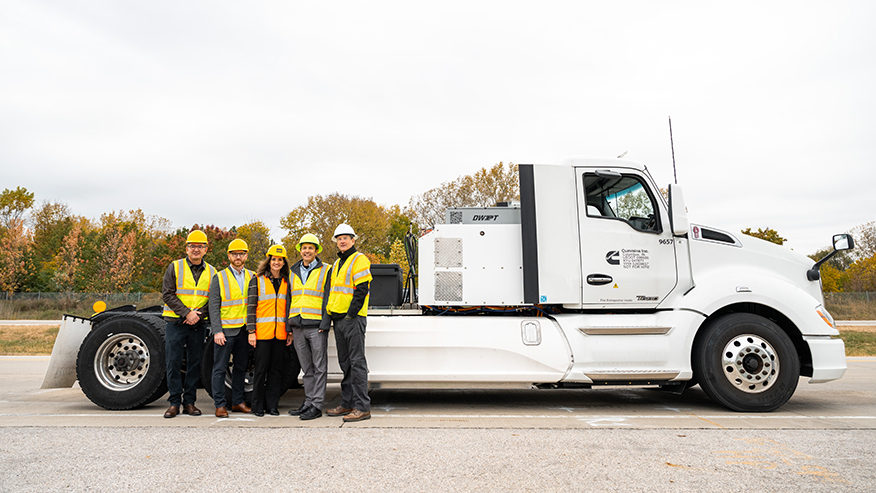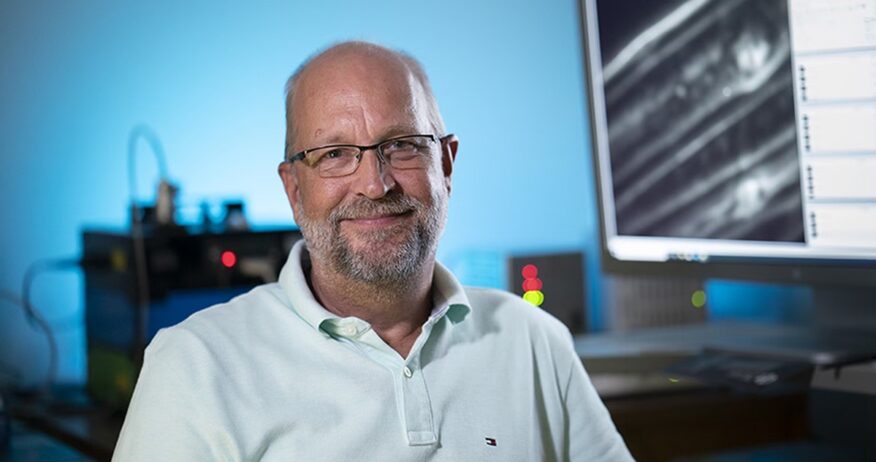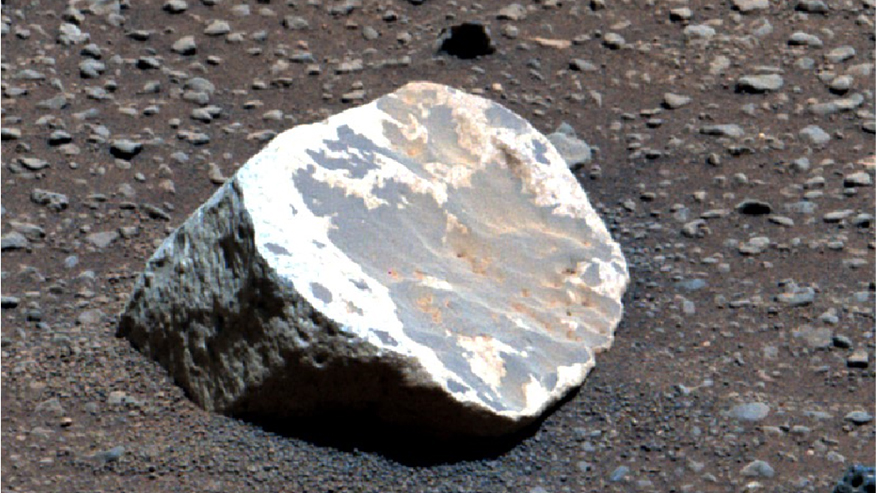Purdue professor directs lab for global legume systems research program

The bean greenhouse at the University of Zambia in Lusaka, where the Feed the Future Innovation Lab for Legume Systems Research has an ongoing program to develop bruchid-resistant beans. (Michigan State University photo)
WEST LAFAYETTE, Ind. —
A program led by Michigan State University’s (MSU) College of Agriculture and Natural Resources in collaboration with the Purdue University College of Agriculture has received a five-year funding extension from the U.S. Agency of International Development (USAID), bringing the total project’s support up to $35 million.
The Feed the Future Innovation Lab for Legume Systems Research focuses on cowpea and the common bean. The lab, which currently works in West and Southern Africa, will expand into the African Great Lakes region, East Africa, Central America and the Caribbean.
“Collaboration between land-grant institutions to aid developing countries in their growth is always a win-win,” said Doug Buhler, associate vice president for research and innovation at MSU. “Our collective experiences enhance our international development efforts. We are pleased to have Purdue as a part of the Legume Systems Innovation Lab team.”

Barry Pittendrigh, the John V. Osmun Endowed Chair in Urban Entomology at Purdue and adjunct professor at MSU, leads the lab as its director. “This is a natural fit,” Pittendrigh said. “Purdue and MSU are both leaders in global agricultural research and development.” His Purdue colleague John Medendorp, associate director of the Center for Urban and Industrial Pest Management, is the Legume Systems Innovation Lab assistant director.
“This support from USAID underscores Purdue’s ongoing commitment to conducting impactful agricultural research,” said Gerald Shively, associate dean and director of International Programs in Agriculture at Purdue.“ Dr. Pittendrigh and his team have established a strong working relationship with colleagues at Michigan State University, and this project brings together the best that agricultural science has to offer to improve food and nutrition security for smallholder farmers worldwide.”
Legumes are a nutrient-dense staple crop that have multifunctional roles in smallholder farm systems in developing countries. These include food and nutrition security, generating income, providing livestock feed and fodder, contributing to the sustainability of soil systems through their nitrogen-fixing capabilities, and helping to mitigate the impacts of climate change as low greenhouse gas-emitting crops.
“During this new phase, we will be looking toward improving the legume system efficiencies, which will have a profound impact on the availability of nutritious foods for malnourished populations,” Medendorp said.
Over the next five years, the Legume Systems Innovation Lab will pursue four key focus crop objectives: best agronomic practices and services, inclusive inputs and market systems, targeted varietal scaling and development, and climate change adaptation and mitigation.
Anticipated key results of the extended work include inclusive and sustainable agriculture-led economic growth; strengthened resilience among people and systems; and a well-nourished population, especially among women and children.
Cross-cutting intermediate result goals and objectives for the Legume Systems Innovation Lab also include improved climate risk and other natural resource management; gender equality and female empowerment; increased youth empowerment and livelihoods; more effective governance, policy and institutions; and improved human, organizational and system performance.
The Feed the Future Innovation Lab for Legume Systems Research is funded through Feed the Future, the U.S. government’s global hunger and food security initiative led by USAID. The Legume Systems Innovation Lab was awarded to Michigan State University in 2018. This extension will continue its work through August 2028.
Writer: Nancy Alexander
Media contact: Maureen Manier, mmanier@purdue.edu
Source: Barry Pittendrigh, pittendr@purdue.edu
Agricultural Communications: 765-494-8415;
Maureen Manier, Department Head, mmanier@purdue.edu
Agriculture News Page



